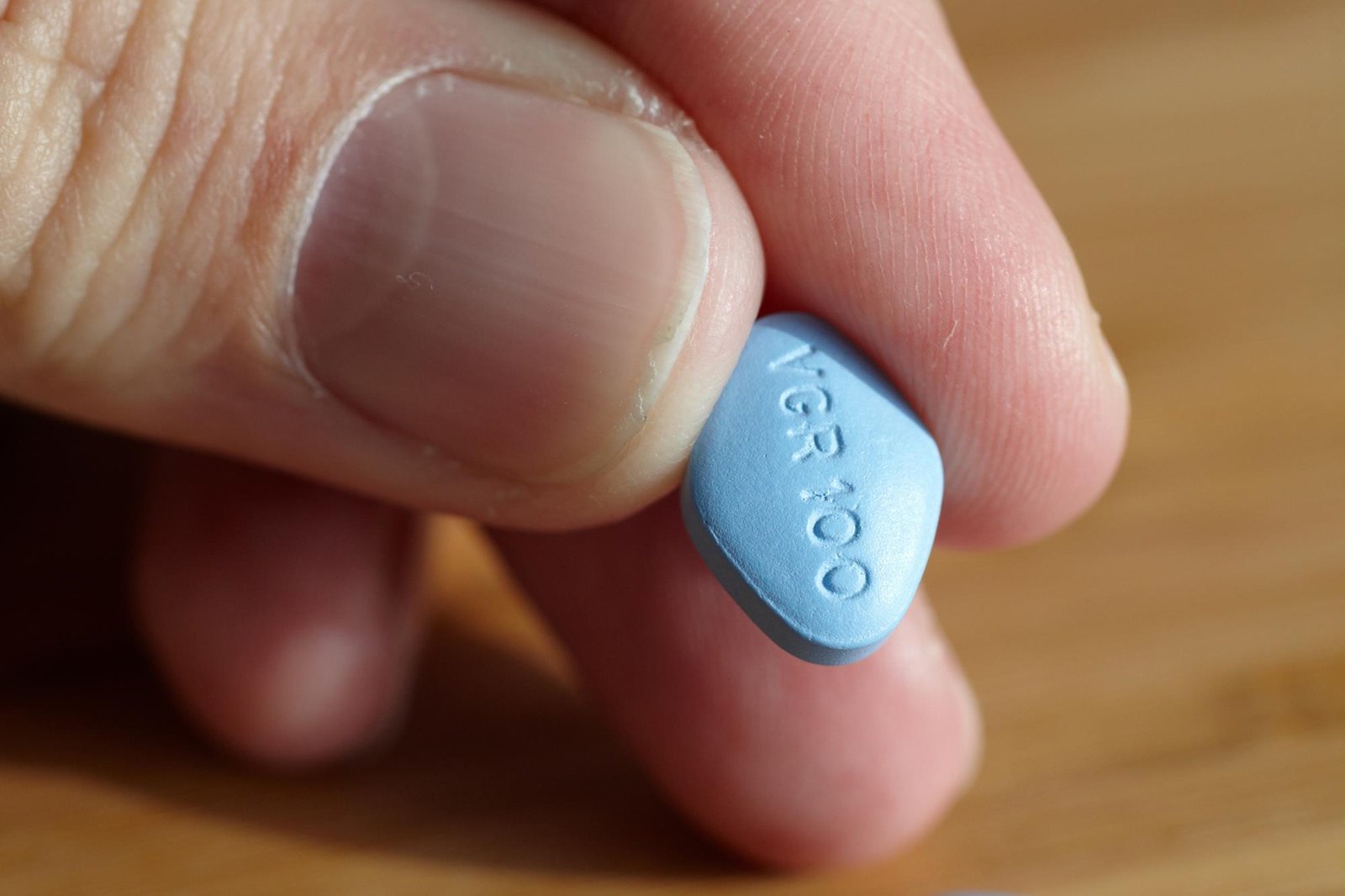Confidence plays a pivotal role in every aspect of life—from professional success to personal relationships. While self-esteem often comes from within, external factors like physical appearance can significantly impact how individuals feel about themselves. Cosmetic procedures have gained popularity not only as aesthetic solutions but also as life-changing tools that boost confidence and reshape self-perceptions.
This blog explores how cosmetic procedures can help individuals enhance their confidence, the psychology behind this boost, and what to consider before going under the knife (or needle).
The Connection Between Appearance and Confidence
How we perceive ourselves physically often influences how we interact with the world. Studies show that people who feel confident in their appearance tend to be more socially and professionally active. While society’s beauty standards shouldn’t dictate individual self-esteem, many people experience a marked improvement in confidence after addressing aesthetic concerns that have caused them dissatisfaction for years.
Cosmetic procedures offer a solution for those looking to achieve physical changes that align with their personal image. From minor touch-ups to major transformations, these procedures address a variety of concerns—helping patients feel like the best versions of themselves.
Types of Cosmetic Procedures That Boost Confidence
1. Non-Invasive Treatments
Non-invasive treatments often attract individuals who want subtle enhancements without the downtime of surgery. Popular options include Botox, dermal fillers, and laser treatments. These procedures are quick, typically painless, and result in immediate yet understated improvements.
- Why It Works: These treatments address aging concerns like fine lines or uneven skin tone with minimal risk, helping individuals feel youthful and refreshed.
- Example: A woman who opts for dermal fillers to smooth wrinkles around her mouth may feel more confident smiling and interacting during social situations.
2. Facial Surgeries
More invasive facial surgeries, such as rhinoplasty (nose reshaping) or a facelift, can lead to significant physical transformations. Many people pursue these options to correct features they feel are disproportionate or misaligned with their perception of beauty.
- Why It Works: Changing a specific feature that has caused years of self-consciousness often removes mental barriers to confidence.
- Example: Someone who undergoes neck lift surgery in Salt Lake City may walk away feeling more poised, as the procedure can address sagging skin and create a well-defined jawline.
3. Body Contouring
Cosmetic procedures aren’t limited to the face. Breast augmentations, tummy tucks, and liposuction are popular surgeries sought out by people aiming to achieve a desired silhouette. For many individuals, these procedures help them regain confidence after major life events, such as weight fluctuations or pregnancy.
- Why It Works: Body contouring enhances areas that diet and exercise often can’t target, delivering results that can feel life-changing.
- Example: A mother struggling to regain her pre-baby body may feel renewed confidence after a tummy tuck gives her a flatter, firmer abdomen.
4. Hair Restoration
Hair loss is another area that significantly impacts confidence, especially for men. Hair transplants or minimally invasive treatments like PRP (platelet-rich plasma) can help reverse thinning or balding.
- Why It Works: Restoring a full head of hair often erases years off one’s appearance, creating a younger and more vibrant image.
- Example: A professional experiencing balding might regain the drive to network more openly after hair restoration helps him feel more youthful and self-assured.
The Psychological Benefits of Cosmetic Procedures
While appearance-focused changes are visible, the biggest transformation often occurs internally. Many patients report feeling happier, more positive, and self-assured following cosmetic procedures.
Confidence in Professional Settings
For individuals in client-facing roles or positions where appearance plays a part, feeling good about how they look translates into improved professional engagement. For example, eliminating acne scars with laser resurfacing may encourage someone to ace their next job interview with newfound self-assurance.
Enhanced Social Interactions
When you feel comfortable in your own skin, attending social gatherings or forming new relationships becomes less nerve-wracking. People often feel more willing to step out of their comfort zones and take opportunities after addressing their physical insecurities.
Mental Health Benefits
Addressing long-standing insecurities can have a profound impact on mental health. While it’s important to note that cosmetic procedures should not replace mental health therapy, many individuals find that improving their appearance provides much-needed peace of mind.
Things to Consider Before Pursuing Cosmetic Procedures
1. Set Realistic Expectations
Cosmetic procedures are highly effective but not magical. They refine and enhance natural beauty rather than completely altering one’s identity. It’s crucial to have realistic expectations and understand what a specific procedure can achieve.
2. Choose the Right Professional
Picking a qualified surgeon or practitioner is essential to ensuring both safety and optimal results. Conduct thorough research, ask for credentials, and look at before-and-after galleries to evaluate their expertise.
3. Understand the Risks
All procedures, whether invasive or non-invasive, come with risks. Discuss these with your practitioner and weigh the benefits against potential drawbacks.
4. Think Long-Term
Cosmetic enhancements may require maintenance or lifestyle changes to prolong their effects. Discuss upkeep requirements with your provider before deciding.
Why Confidence is More Than Skin-Deep
While physical improvements can elevate confidence, it’s important to remember that true self-esteem is multi-faceted. Confidence comes from a blend of physical, emotional, and mental wellness. Cosmetic procedures can be a powerful tool to help individuals feel good about themselves, but they’re just one part of the equation.
If you’ve been considering a procedure, take the time to reflect on your motivations and whether the change aligns with your authentic self-image. The end goal should always be to enhance your confidence in a way that feels natural and empowering.











